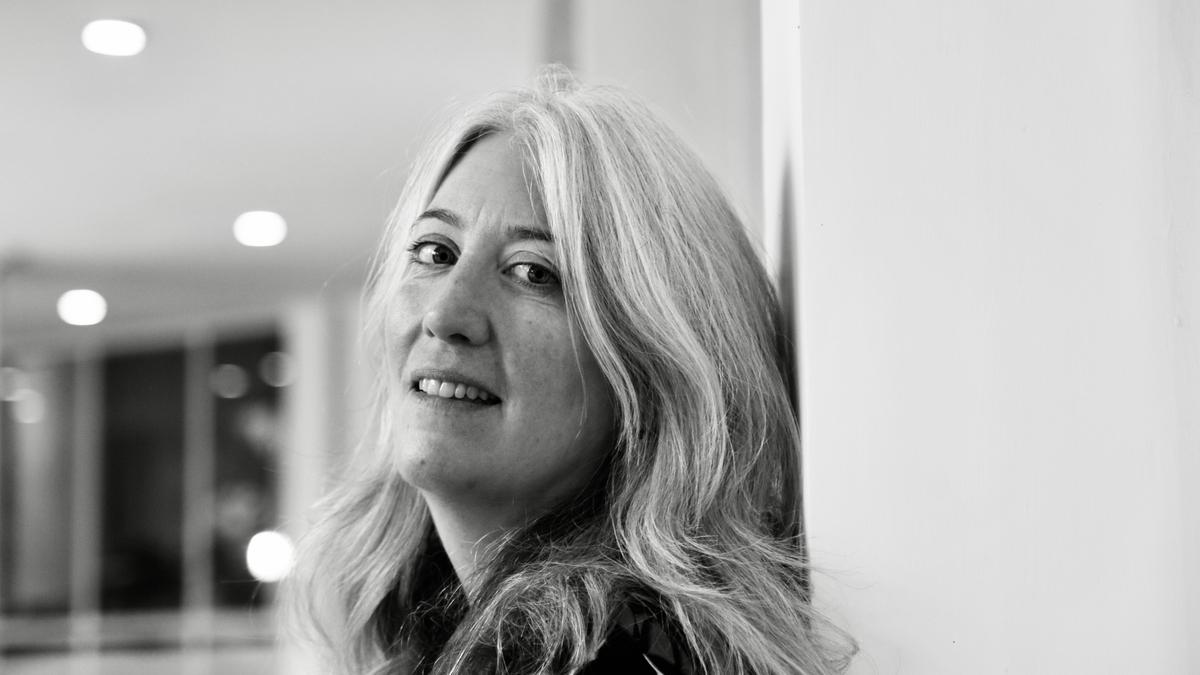
‘There’s no pure European culture,’ says Josephine Quinn, author of How the World Made the West
The HinduAn eye emergency led historian Josephine Quinn to ponder over what she wanted to say in her next book. and decided to summarise my learning from teaching history for two decades.” How the World Made the West is an ambitious book, which moves away from a narrative focused solely on the Greeks and Romans, to conclude that their histories are rooted in other places and even older peoples. The Phoenicians, for instance, were moving people around — that kind of dependence of the economy on slave labour actually goes back to at least 1000-900 BCE, and probably started in the western Mediterranean. It began with the belief that civilised societies had a duty to help less developed ones gain freedom and sovereignty, and that despotism was a legitimate form of government in dealing with “barbarians, provided the end be their improvement.” By the 1820s, French historians like Francois Guizot began to use civilisation in the plural, to refer to civilisations that preceded the European civilisation, showing particular interest in the Indians, Etruscans, Romans and Greeks, among others. But the huge changes that happened in the second and first millennia BCE were that first of all the Steppe riders began to make longer journeys to and fro by land on horses, creating a reliable route into the great Hungarian plain, and that encouraged consistent contact — we are not talking about a sole explorer or two.